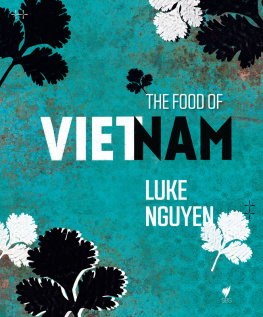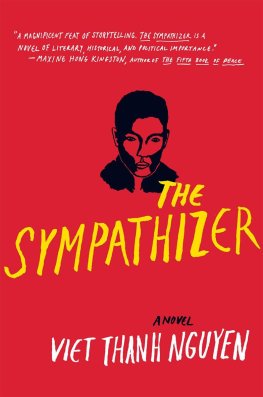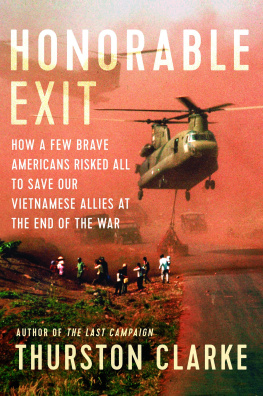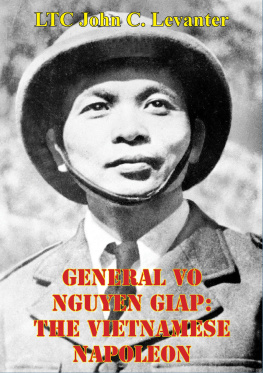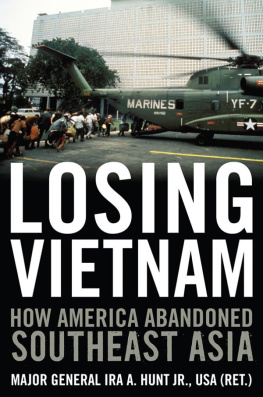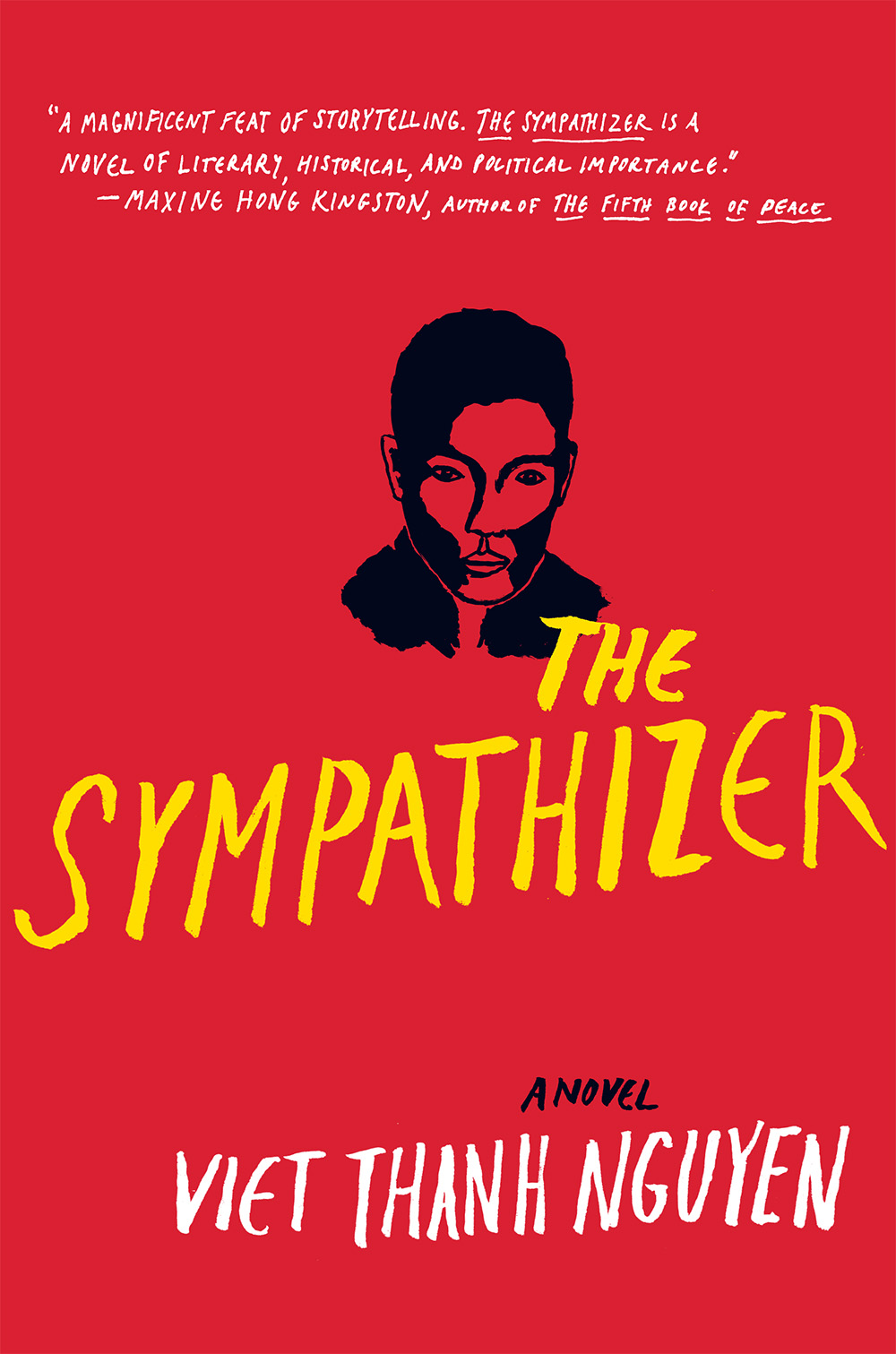THE
SYMPATHIZER
THE
SYMPATHIZER
VIET THANH NGUYEN

Grove Press
New York
Copyright 2015 by Viet Thanh Nguyen
Jacket art and design by Christopher Moisan
Author photography BeBe Jacobs
All rights reserved. No part of this book may be reproduced in any form or by any electronic or mechanical means, including information storage and retrieval systems, without permission in writing from the publisher, except by a reviewer, who may quote brief passages in a review. Scanning, uploading, and electronic distribution of this book or the facilitation of such without the permission of the publisher is prohibited. Please purchase only authorized electronic editions, and do not participate in or encourage electronic piracy of copyrighted materials. Your support of the authors rights is appreciated. Any member of educational institutions wishing to photocopy part or all of the work for classroom use, or anthology, should send inquiries to Grove Atlantic, 154 West 14th Street, New York, NY 10011 or .
Published simultaneously in Canada
Printed in the United States of America
ISBN 978-0-8021-2345-9
eISBN 978-0-8021-9169-4
Grove Press
an imprint of Grove Atlantic
154 West 14th Street
New York, NY 10011
Distributed by Publishers Group West
groveatlantic.com
For Lan and Ellison
Let us not become gloomy as soon as we hear the word torture:
in this particular case there is plenty to offset and
mitigate that wordeven something to laugh at.
Friedrich Nietzsche, On the Genealogy of Morals
THE
SYMPATHIZER
CHAPTER 1
I am a spy, a sleeper, a spook, a man of two faces. Perhaps not surprisingly, I am also a man of two minds. I am not some misunderstood mutant from a comic book or a horror movie, although some have treated me as such. I am simply able to see any issue from both sides. Sometimes I flatter myself that this is a talent, and although it is admittedly one of a minor nature, it is perhaps also the sole talent I possess. At other times, when I reflect on how I cannot help but observe the world in such a fashion, I wonder if what I have should even be called talent. After all, a talent is something you use, not something that uses you. The talent you cannot not use, the talent that possesses youthat is a hazard, I must confess. But in the month when this confession begins, my way of seeing the world still seemed more of a virtue than a danger, which is how some dangers first appear.
The month in question was April, the cruelest month. It was the month in which a war that had run on for a very long time would lose its limbs, as is the way of wars. It was a month that meant everything to all the people in our small part of the world and nothing to most people in the rest of the world. It was a month that was both an end of a war and the beginning of... well, peace is not the right word, is it, my dear Commandant? It was a month when I awaited the end behind the walls of a villa where I had lived for the previous five years, the villas walls glittering with broken brown glass and crowned with rusted barbed wire. I had my own room at the villa, much like I have my own room in your camp, Commandant. Of course, the proper term for my room is an isolation cell, and instead of a housekeeper who comes to clean every day, you have provided me with a baby-faced guard who does not clean at all. But I am not complaining. Privacy, not cleanliness, is my only prerequisite for writing this confession.
While I had sufficient privacy in the Generals villa at night, I had little during the day. I was the only one of the Generals officers to live in his home, the sole bachelor on his staff and his most reliable aide. In the mornings, before I chauffeured him the short distance to his office, we would breakfast together, parsing dispatches at one end of the teak dining table while his wife oversaw a well-disciplined quartet of children at the other, ages eighteen, sixteen, fourteen, and twelve, with one seat empty for the daughter studying in America. Not everyone may have feared the end, but the General sensibly did. A thin man of excellent posture, he was a veteran campaigner whose many medals had been, in his case, genuinely earned. Although he possessed but nine fingers and eight toes, having lost three digits to bullets and shrapnel, only his family and confidants knew about the condition of his left foot. His ambitions had hardly ever been thwarted, except in his desire to procure an excellent bottle of Bourgogne and to drink it with companions who knew better than to put ice cubes in their wine. He was an epicurean and a Christian, in that order, a man of faith who believed in gastronomy and God; his wife and his children; and the French and the Americans. In his view, they offered us far better tutelage than those other foreign Svengalis who had hypnotized our northern brethren and some of our southern ones: Karl Marx, V. I. Lenin, and Chairman Mao. Not that he ever read any of those sages! That was my job as his aide-de-camp and junior officer of intelligence, to provide him with cribbed notes on, say, The Communist Manifesto or Maos Little Red Book . It was up to him to find occasions to demonstrate his knowledge of the enemys thinking, his favorite being Lenins question, plagiarized whenever the need arose: Gentlemen, he would say, rapping the relevant table with adamantine knuckles, what is to be done? To tell the General that Nikolay Chernyshevsky actually came up with the question in his novel of the same title seemed irrelevant. How many remember Chernyshevsky now? It was Lenin who counted, the man of action who took the question and made it his own.
In this gloomiest of Aprils, faced with this question of what should be done, the general who always found something to do could no longer do so. A man who had faith in the mission civilisatrice and the American Way was at last bitten by the bug of disbelief. Suddenly insomniac, he took to wandering his villa with the greenish pallor of a malarial patient. Ever since our northern front had collapsed a few weeks before in March, he would materialize at my office door or at my room in the villa to hand off a snatch of news, always gloomy. Can you believe it? he would demand, to which I said one of two things: No, sir! or Unbelievable! We could not believe that the pleasant, scenic coffee town of Ban Me Thuot, my Highlands hometown, had been sacked in early March. We could not believe that our president, Thieu, whose name begged to be spit out of the mouth, had inexplicably ordered our forces defending the Highlands to retreat. We could not believe that Da Nang and Nha Trang had fallen, or that our troops had shot civilians in the back as they all fought madly to escape on barges and boats, the death toll running to the thousands. In the secret privacy of my office, I dutifully snapped pictures of these reports, which would please Man, my handler. While they pleased me, too, as signs of the regimes inevitable erosion, I could not help but feel moved by the plight of these poor people. Perhaps it was not correct, politically speaking, for me to feel sympathy for them, but my mother would have been one of them if she were alive. She was a poor person, I was her poor child, and no one asks poor people if they want war. Nor had anyone asked these poor people if they wanted to die of thirst and exposure on the coastal sea, or if they wanted to be robbed and raped by their own soldiers. If those thousands still lived, they would not have believed how they had died, just as we could not believe that the Americansour friends, our benefactors, our protectorshad spurned our request to send more money. And what would we have done with that money? Buy the ammunition, gas, and spare parts for the weapons, planes, and tanks the same Americans had bestowed on us for free. Having given us the needles, they now perversely no longer supplied the dope. (Nothing, the General muttered, is ever so expensive as what is offered for free.)




